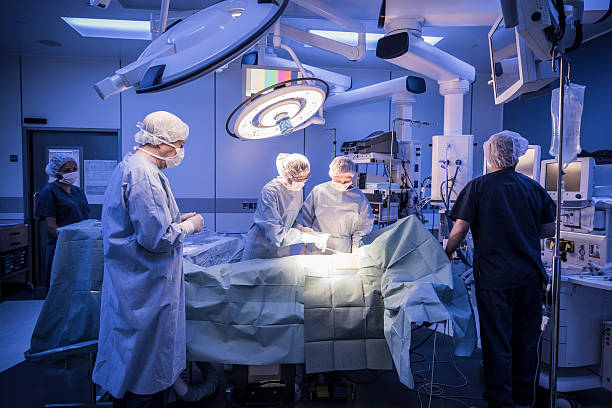Jeff Cooper, a former deputy in the Broward County Polygraph Unit, took an oath to defend and serve his community, just like the more than 25 million first responders in the United States. Cooper's vow did not necessarily include himself, though, like many first responders, until a deteriorating medical condition prompted him to put his health first. More than seven million individuals worldwide suffer from polycystic kidney disease (PKD), and Cooper was diagnosed with the condition in 1975. He embarked on a journey after learning that he had the genetic ailment PKD, which gave him access to cutting-edge new technologies as well as incredible companionship that would eventually go beyond the bounds of the pledge to guard and serve.
End-Stage Renal Disease Patients' Lifeline A genetic condition called PKD generates kidney cysts, which expand and impair kidney function. End-stage renal disease, commonly known as chronic kidney disease's terminal stage, can result from this inherited disorder. More than 70% of individuals with this ailment must either get a kidney transplant or go through the dialysis procedure, which involves taking excess fluid and waste materials out of the blood to keep the kidneys working and the patient alive.
Arteriovenous (AV) fistulas are made by joining an arm vein and artery, enabling the patient to start dialysis. This operation is performed on some patients prior to commencing dialysis and establishes an entry point to their bloodstream. Cooper noticed the negative consequences of the typical, surgically made fistulas on his father's arms (such huge, swollen veins) while growing up with a father who had dialysis for many years. Cooper wished for a less intrusive solution that would allow him to carry on with his usual, active life. Cooper learned about the Ellipsys® Vascular Access System, an outpatient surgery that is a less invasive alternative for generating AV fistulas, while working with his doctor.
The Ellipsys operation can reduce the period from fistula development to dialysis from six months to two months, which could result in expedited dialysis therapy even if there are possible dangers connected with the construction and maintenance of arteriovenous fistula. A Fresh Perspective, Another Miracle On December 4, 2020, Cooper received his Ellipsys-made fistula, granting him access to vital dialysis. Cooper expressed his surprise at how quickly he was able to resume normal activities following the Ellipsys operation. Cooper experienced another major surprise only a few months after he began therapy and adapted to his new fistula.
Guy Kitchens, a policeman in a nearby county, offered his fellow cop Cooper the greatest present when he donated his kidney to him in the first few days of February 2021. Cooper claims he feels like a kid again as a result of Officer Kitchens. His physicians are reducing his medicine dosage, his renal function is improving, and best of all, he has made a lifetime relationship with Guy, with whom he speaks virtually every day. Cooper states, "I now have a younger sibling, as well as another extended family. I am blessed with a live angel. Cooper's experience could have been more difficult if his Ellipsys-caused fistula and dialysis therapy prior to that life-altering day in February had not been present. To determine whether this operation is appropriate for you, please speak with your doctor.
